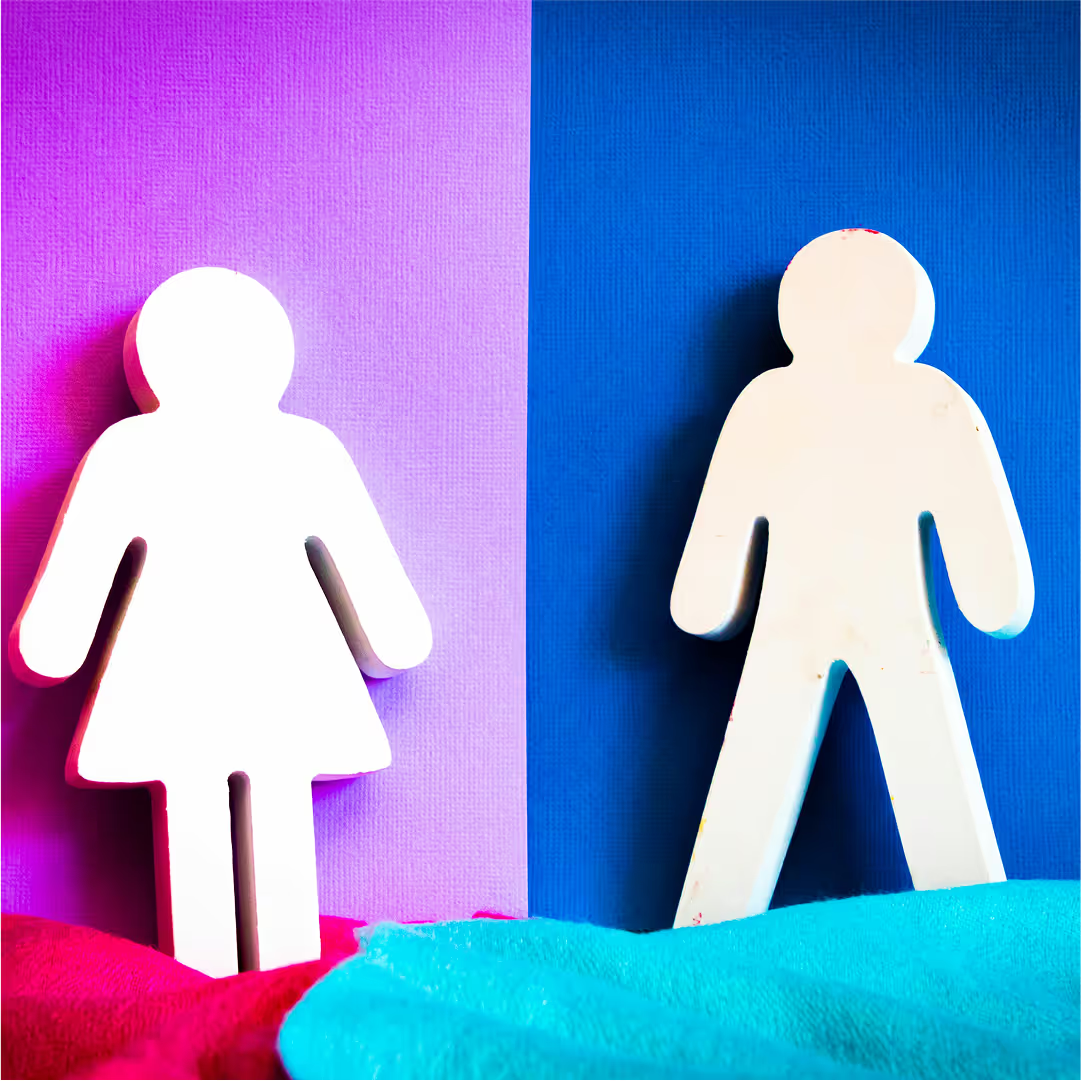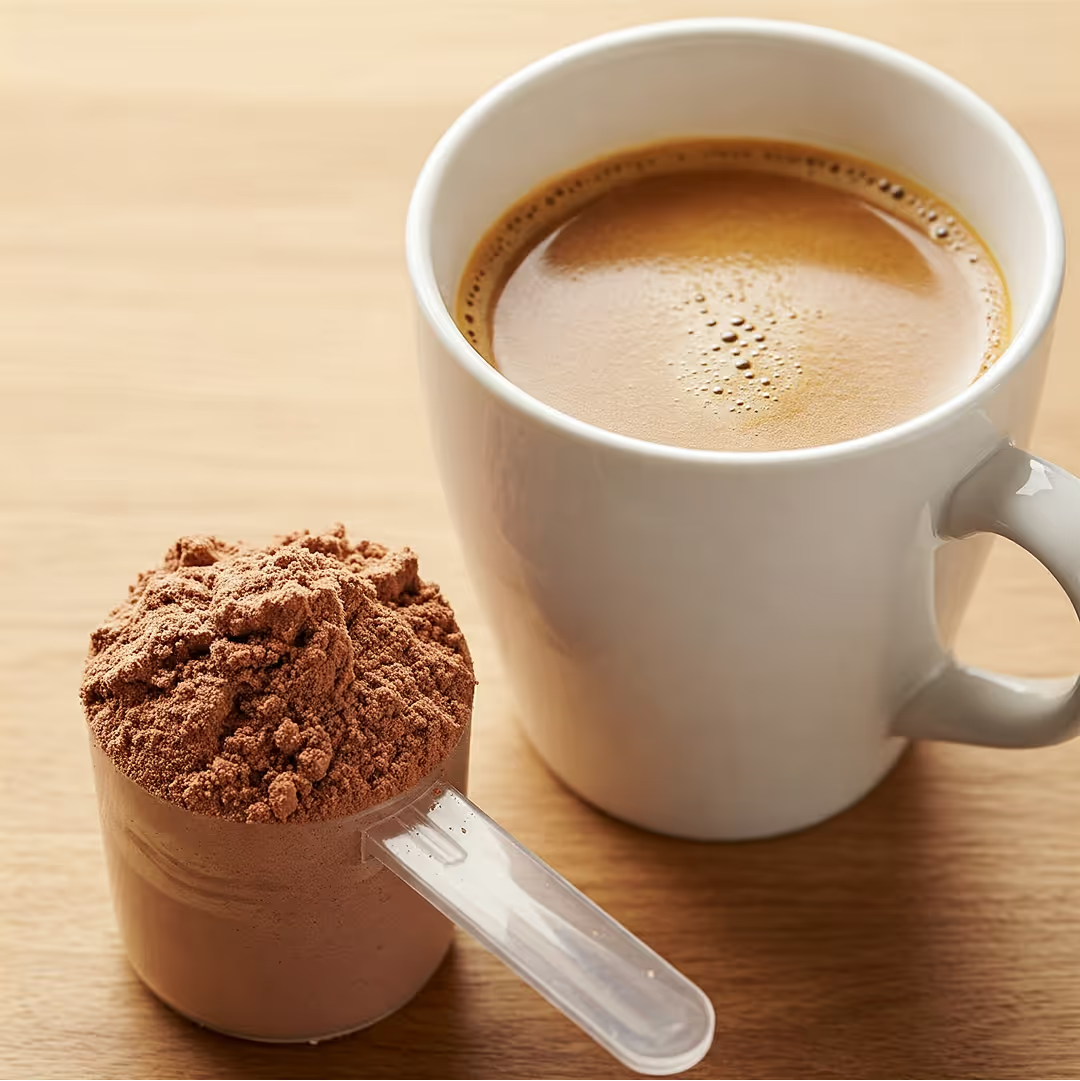The old saying, “You are what you eat” applies to more than just food. The people in your social circle have a large effect on who you are. Some might even say, “You are who you spend time with.” A social network refers to the people we meet and build relationships with, both online and off. An article by Austin Ruff on thorne.com labels the place we spend social networking as the “third space”. Ruff says that this space is not your home, or work and should not be labeled as simply networking, but social networking.
Where social networking happens
It is in these spaces where we conversate for the sake of conversation. Places such as coffee shops, bars, libraries, and hair salons are where social networking happens. This occurs in online spaces as well, such as Instagram chats, or Facebook groups. These networks can have amazing impacts on our mental health. Have you ever felt down and reached out to someone on Instagram or Facebook, either for prayer or to share what you’re going through? Maybe you’ve caught up with an old friend at a coffee shop and feel refreshed after a latte and great conversation.
Positives and negatives of your network
Ruff writes that social interactions have positive effects on your lifestyle. You participate in the same activities as your friends, whether helpful or harmful. If your group decides they want to try pickleball, you’ll most likely join in. If they decide they want to pick up smoking, or commit a crime, well, you might decide to do the same. Ruff writes that healthy social networks provide a buffer against stress, fostering a sense of belonging and security.
While there are positives to online social networks, there are often negatives as well. I’m sure we’re all aware that social media overuse has its downfalls. For example, constant viewing of others’ lives might cause negative comparison due to unattainable standards. While connecting with others in person reduces loneliness, online it might increase it.
Social media can feel like a constant view of others’ highlight reels. Ruff writes, “The relentless pursuit of validation and approval through likes and comments can foster a shallow sense of self-worth, leading to a cycle of compulsive validation-seeking behaviors.” With scrolling, it feels like we’re always seeing someone’s new experience, harming the perception of our own lives.
Social media and mental health
An interesting question posed by Ruff was, “Does excessive social media use cause poor mental health, or do people with poor mental health use social media excessively?” While the answer to that is unknown, we can say that spending hours on Instagram, Facebook, Tiktok, or any other social media platform is unhealthy.
It’s hard to balance social media use— I know I’ve struggled with that time and time again. Yet, one thing that helps is aiming for more in person social connections. Meeting in person alleviates feelings of stress and anxiety and removes more attention from our phones. Ruff writes that we must understand the importance of quality over quantity. Seeking high-quality relationships might mean a small group of connections, but the value found in these is insurmountable.
Your social network has the ability to impact you for greater or worse, and it’s your responsibility to choose how to navigate it. Next time you crave connection, instead of opening an app try reaching out to a friend. Invite the mover for a chat, or better yet, go for a walk together. It is small choices such as these that lead to a better future.





